Do you agree that your employees are your largest and most valuable investment? Do you also agree that if your employees are healthy, happy and feel appreciated, that their productivity, presenteeism and loyalty to the company will increase while absenteeism and turnover will decrease? If you believe these facts, your wellness program is a valuable investment.
Wellness programs can come in all forms, from grass-roots to intricately organized; but the most important component is that it is designed for your specific work culture and environment. Some organizations prioritize physical activity, while others may concentrate on stress management. But what do all companies have in common? Food.
Full-time, working Americans spend approximately 50% of their waking hours at work. This means that at least one meal time, and several snack opportunities are at the mercy of the food surrounding us. Food is ever-present at many worksites, whether it’s a snack machine, cafeteria, catered lunches, birthday cake, or a candy jar on a co-worker’s desk, and we can all agree that the food temptations are rarely carrot sticks and celery. Almost as ubiquitous as the food, are the employees trading weight loss secrets over the water cooler (or is it the soda machine?). Therefore the workplace is a great opportunity to foster and support a healthy and supportive food environment.

Make a Plan
- Survey employees. Measure interest in making healthy nutrition changes
- Assess areas for opportunity. When and where is food served and purchased? Where are the opportunities for improvement?
- Appoint a committee. A wellness committee can oversee and promote healthy changes.
Healthy Catering Strategies
- Celebrate collectively. If you have a large organization, you may have a birthday cake tempting you regularly. Celebrate once a month, rather than on each employee’s birthday. Consider serving seasonal fruit rather than cake, or at least a healthy alternative with the sweet treat.
- Implement a ‘Healthy Catering Policy’. This policy can provide healthy guidelines and suggestions for catered lunches and parties. List healthy vendors, and menu ideas to help with decision-making.
- Create a ‘healthy snack corner’. Provide free or low cost healthy alternatives to the ominous 2:30 PM snack-attack.
Prioritize Nutrition
- Provide nutrition education. Consider hosting lunch and learns, post nutrition information for local food establishments or highlight healthy menu items nearby.
- Create Space. Meal time is not only for nourishment, but can be a great stress management tool. Dedicate a clean and welcoming area for employees to take time to eat peacefully and mindfully away from their desks.
- Encourage fresh food. Ensure that refrigerator space is available for individuals to bring in fresh food regularly. Keep the refrigerator clean and clear.
Written by:
Katie Di Lauro, RDN at Tri City Wellness Center
Registered Dietitian Nutritionist
Certified Corporate Wellness Manager
Certified Culture Coach



